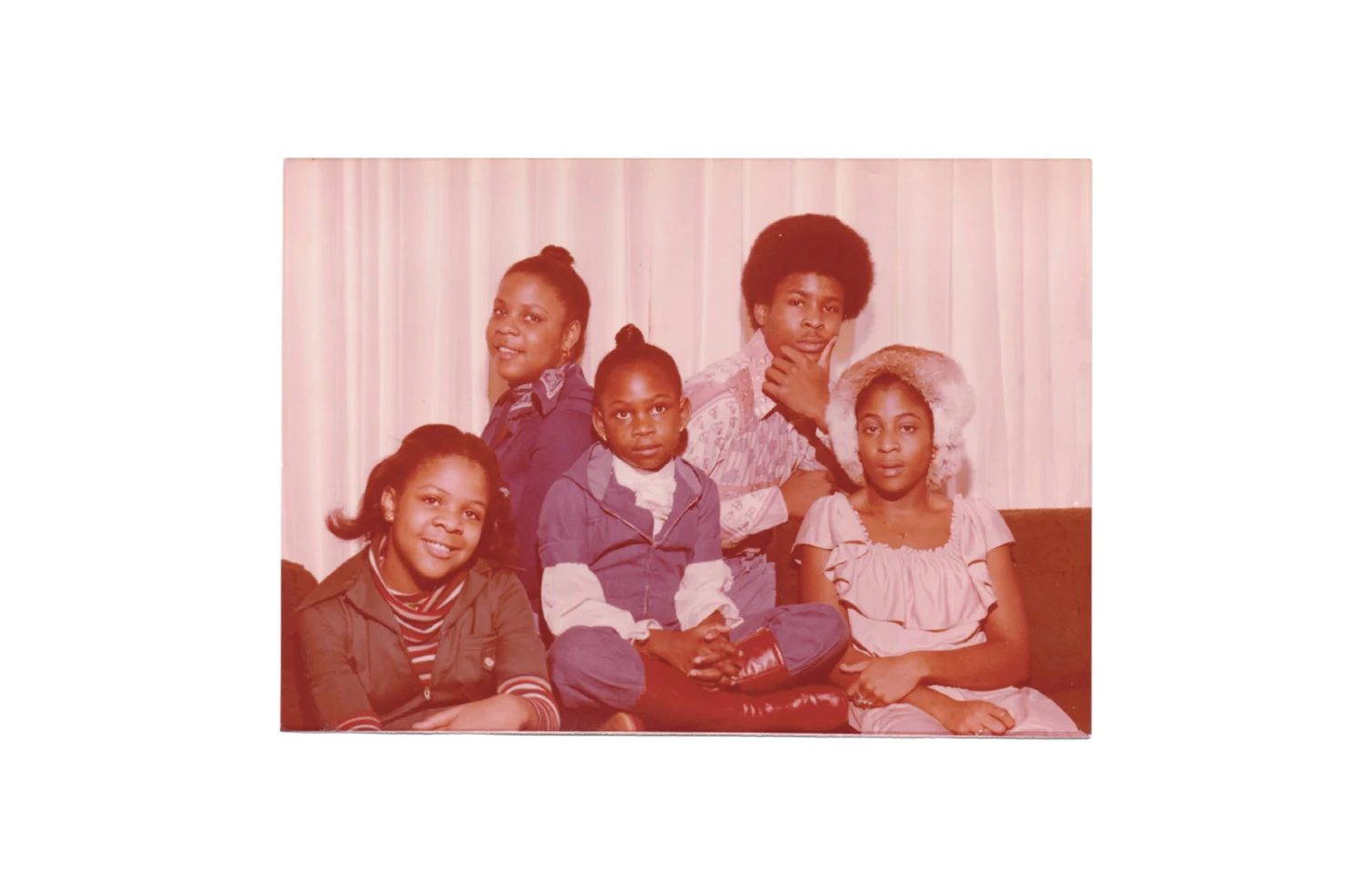why trump scares me
For the time is coming when people will not endure sound teaching, but having itching ears they will accumulate for themselves teachers to suit their own passions, and will turn away from listening to the truth and wander off into myths.
2 Timothy 4:3-4
Eight grade, Government class, the school year was 1982/83, and this really happened:
Our class was learning all about the electoral process and we were beginning by reviewing the qualifications for becoming president. The teacher wrote down each qualification as we called them out:
- a candidate must be a natural born citizen of the United States
- a candidate must be a resident of the United States for 14 years
- a candidate must be 35 years of age or older
I was the class clown and a big ol’ talker. So, of course, as classmates were yelling out the requirements, I was heckling whatever seemed worth heckling—an 8th grade smart-ass who owned nothing but her opinions. Suddenly, the teacher—let’s call him Mr. Mister—walked to the back of the classroom where my desk had taken center stage to an audience of students laughing at my wisecracks, narrowed his eyes on me and, using up all the air in the room, said “Is this not important to you Ms. Alvis, since you can never be president because you’re black and female?”
He returned to the front of the room and continued the lesson. And I sat and believed that every word he said was true. I was black. I was female. Though the list of requirements written on the chalkboard proved that what he said was patently false, the empty spaces in-between seemed to confirm that yes, because I was black and female, those requirements didn’t include me. How could this be?
Now, I can imagine some of you already listing all the reasons why Mr. Mister was obviously (at least I hope it’s obvious) way out of line, and why his statement was abusive, sexist and racist (yes, it was all of those things). Please remember that I was the only black girl in a room full of white kids who heard this, and no one said a thing to refute him during class or afterward.
This is why I’m scared of President Trump. It’s not the things he says that we can all list out on a chalkboard, such as “The state of our union is strong.” It’s the empty spaces in between the listed items that I worry about.
Watching the President’s State of the Union address, in shock I remarked aloud to my hubs, “Wow, so many white people," and then exclaimed, "That room is so white—and male!”, squinting at the TV as if squinting would somehow change the picture of the truth. Even though what I said wasn’t new knowledge, I was still perplexed at the stark reality of it on the screen. It was as if I had new eyes, fresh sight perhaps even divinely given. It reminded me of Jesus rubbing His own spit on the blind man’s eyes and then asking the man, “Now, can you see?” The man said, “Yes, I see people, but not very clearly. The people look like walking trees.” So, Jesus touched the man’s eyes again until they were completely opened. Is it possible that for all these years, I’d been seeing walking trees and missed the clear distinct features of the white, male faces governing me?
Through high school, the ratio of whites to blacks more than doubled. I was no longer the only black girl in my classes. In my core classes, one other black girl named Sherri joined me in solidarity as the two nerdy sistas who would occasionally exchange encouraging, knowing glances that seemed to say, “Girl, I gotcha.” She was the one with braces. I was the one with the Jheri Curl. You’d be surprised how often these descriptions were needed in order to keep our whereabouts straight. “No, that was Sherri. I’m Marcie. She’s the black girl with braces. I'm the one with the Jheri Curl. I’m the one who’s in your French class. We don’t have Biology together. So, no, you can’t borrow my notes."
Sherri and I were both bright. We were the only two black students holding space in our advanced classes. At lunch, however, our black presence in school tripled—there were now six of us who sat together in our school’s cafeteria.
In the book Why Are All the Black Kids Sitting Together in the Cafeteria, psychologist Beverly Daniel Tatum writes, “It is important to understand that the system of advantage is perpetuated when we do not acknowledge its existence.”
I often wonder if anyone else remembers that day in Government class in the 8th grade besides me. I wonder if any of my white classmates went home and told their parents. I didn’t tell a single soul. I didn’t speak a word of it to anyone, fearing that somehow my cheekiness and goofing off—basically my being an 8th grader—earned those remarks from Mr. Mister. Deep down, I feared my 8th grade self deserved it. In high school, I sat at a lunch table with my familiars. However, we never shared our experiences of being the only ones in all-white classrooms. It never occurred to me to mention any previous racist remarks or openly ignored abuses. Tatum writes, “Children who have been silenced often enough learn not to talk about race publicly. Their questions don’t go away, they just go unasked.”
If we had questions, we swallowed them along with our chips, our ham sandwiches and our tater tots. Our black lunch table was as obvious as the "colored only" signs in Jim Crow south. But, we did not speak about it. We were finally, legally allowed to sit wherever we wanted and with whomever we wanted. But if our ancestors had peeked into that cafeteria on any given day, they wouldn’t have been able to tell that they’d won us that freedom.
Looking at the white faces representing all levels of power in our country at the President’s address reminded me of my high school cafeteria. Groups of white people in power to one side of the stage, and the Congressional Black Caucus holding space at the opposite side, seated in solemn silence but standing out loud and clear.
At 48 years old, I’m not any more politically fluent in the language of our government than I was when I was in the 8th grade. Though, I have learned not to heckle what I don't understand, I can’t tell you exactly why I am scared of Trump. But I can list on the chalkboard what informs my fears:
- “How is ABC television allowed to have a show entitled “Blackish”? Can you imagine the furor of a show, 'Whiteish'! Racism at highest level?”
- “Grab ‘em by the pu**y. You can do anything.”
- “We condemn in the strongest possible terms this egregious display of hatred, bigotry and violence on many sides, on many sides.”
- “When Mexico send its people, they’re not sending their best... They’re sending people that have lots of problems, and they’re bringing those problems with us. They’re bringing drugs. They’re bringing crime. They’re bringing rapists. And some, I assume, are good people.”
- “Why do we want all these people from sh*thole countries coming here?”
And what does this list have to do with you, my white friends, and me being your black friend who's writing this? It’s that for an entire year I never said to you, “I’m afraid and I’m sad and I feel like that 8th grade girl all over again who was told by a white man who held all the power in the room who she would never become because she was black and female as he stood there before a crowd of white faces who said nothing.”
We will meet up again to sip our coffee and talk about our kids and our faith and our work. But, we won’t talk about this. We will hug each other and truly mean that embrace. I will tell you that I love you, sisters, and I believe that you know that I really do. You will say that you love me too and I want you to know that I will feel every one of those words is true. But, we won’t talk about this. We will retreat to our separate areas of the cafeteria without acknowledging the truths that divide us.
Today, you are not entirely to blame - nor am I. But tomorrow, now that something has been spoken, we cannot walk away before listening to each other’s truths. And when we meet again, if we talk about our kids, our faith and our work, and then wander off from each other holding back from sharing what is really heart-shattering but true, we will only be keeping alive a myth of sisterhood by filling in the blank spaces between us with assumptions of one another. If we meet again and this is what happens, then we both will be entirely to blame.










